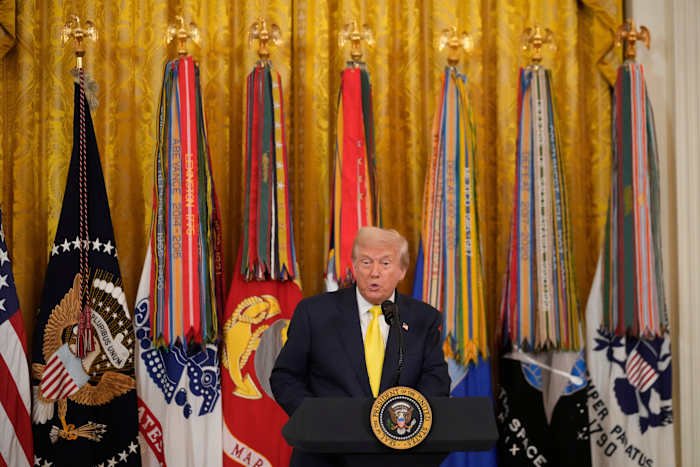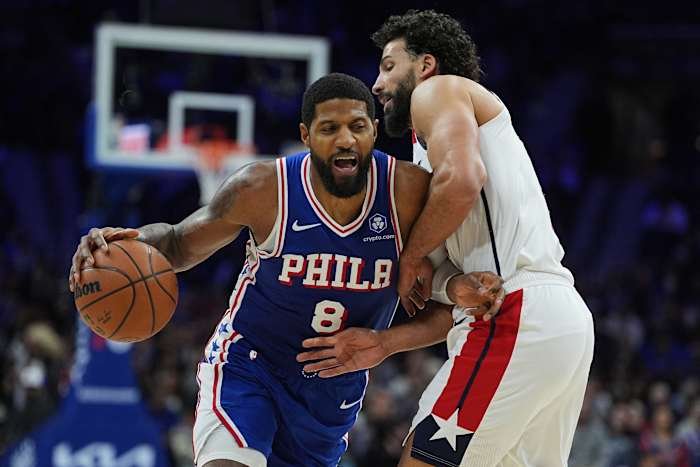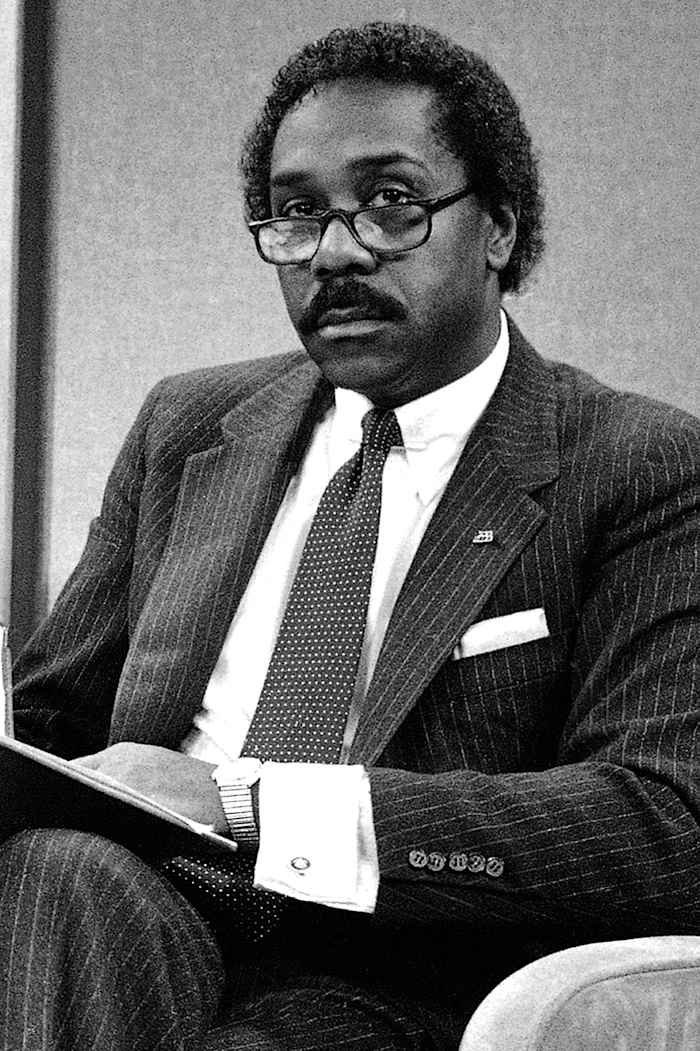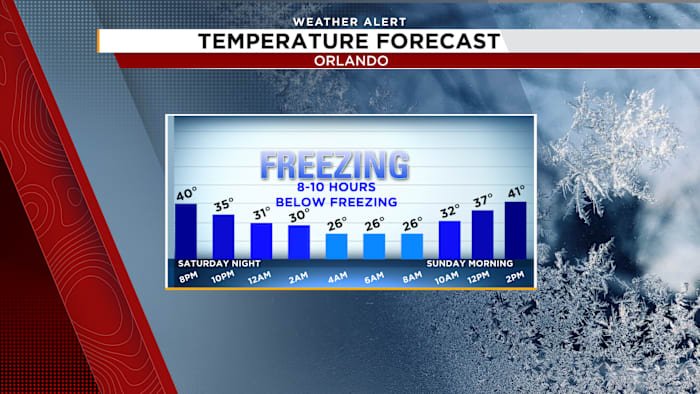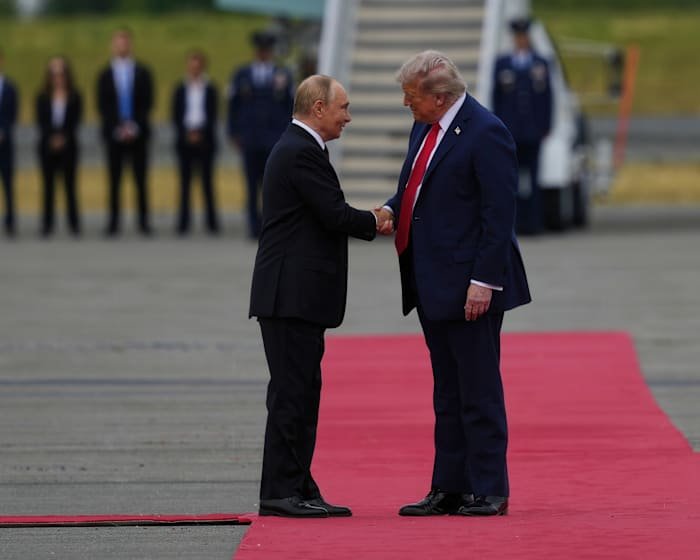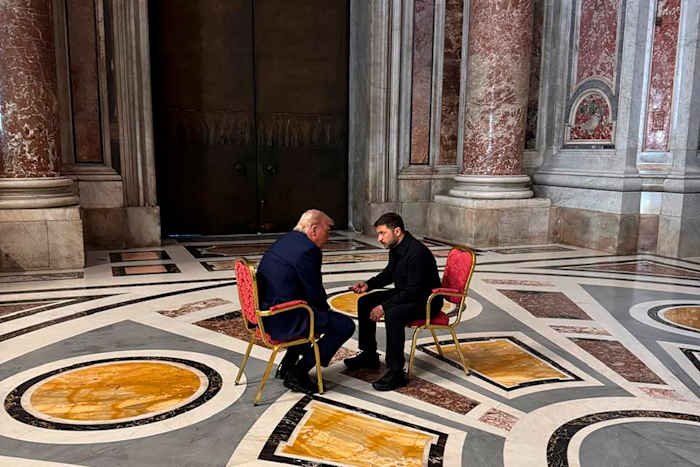Under President Donald Trump, the United States has largely stepped back from global cooperation—especially on environmental issues. So, when news broke that American representatives participated in international plastics treaty talks, it raised eyebrows both abroad and here in Orlando. What drove this rare engagement, and what could it mean for our local communities?
The Trump Administration’s Global Retreat
Since taking office, President Trump has made headlines for pulling the U.S. out of major international agreements. Most notably, he announced the country’s intention to withdraw from the Paris Climate Accord and exited the Trans-Pacific Partnership. Climate and environmental issues have been particular targets of this isolationist approach, leaving many allies frustrated and some environmental groups deeply concerned.
For Orlando—a city known for its bustling tourism, beautiful natural springs, and proximity to Florida’s fragile coastlines—these decisions have tangible impacts. Climate change and plastic pollution are not distant problems; they touch our beaches, parks, and even the water supplies that serve our neighborhoods. As a result, when the U.S. showed up at the plastics treaty negotiations, the move was met with cautious hope in the local environmental community.
Why Plastics? The Global and Local Stakes
Plastic pollution is a crisis that no single country can solve alone. Every year, millions of tons of plastic waste flow into the world’s oceans—much of it from land-based sources. In Florida, and especially in the Orlando region, single-use plastics are a daily part of life, from theme park concessions to to-go containers at downtown restaurants.
Local conservationists, like those at the Keep Orlando Beautiful initiative, have long advocated for reduced plastic use. Beaches along the Atlantic coast, where many Orlando residents vacation, are often littered with remnants of discarded packaging and bottles. Microplastics have even been detected in our lakes and drinking water. So, any step towards a global agreement on plastics could have positive ripple effects right here at home.
The US at the Table: Motivations and Messaging
So, why did the Trump administration decide to participate in plastics treaty talks, bucking its own trend of disengagement? Experts suggest a few possible reasons:
- Economic Interests: The U.S. plastics and recycling industries have a major global footprint. Participating in negotiations ensures American companies have a say in shaping future international regulations.
- Diplomatic Pressure: With growing global outrage over plastic pollution, and allies like the European Union pushing hard for action, the U.S. may have felt compelled to show some leadership, even if limited.
- Local and State Initiatives: Many U.S. cities (including Orlando) and states have enacted their own bans or restrictions on single-use plastics. National participation in treaty talks could help align these efforts with global standards.
Despite the participation, the Trump administration’s representatives have reportedly pushed for a “voluntary” approach, favoring flexibility for U.S. businesses rather than strict global mandates. This stance has drawn criticism from some environmental groups but is seen as a pragmatic way to keep the U.S. involved in the conversation.
How Could a Plastics Treaty Affect Orlando?
For Orlando residents, a global plastics treaty could mean several things. First, it may lead to new federal guidelines that incentivize recycling, composting, or the use of biodegradable materials. Local businesses could see both challenges and opportunities as they adapt to new rules or consumer preferences shaped by international agreements.
Already, several Orlando-area organizations are piloting innovative solutions, from reusable takeout container programs to large-scale recycling education campaigns in schools. A global plastics treaty could provide additional resources, funding, and technical support for these local efforts.
On the flip side, if the U.S. pushes for only voluntary measures, it’s possible that the real work will continue to happen at the city and state level. Orlando’s proactive stance on sustainability could serve as a model for other regions, regardless of what happens in Washington or at the United Nations.
Looking Forward: What’s Next for US Environmental Policy?
The Trump administration’s participation in plastics treaty talks is an exception to its usual approach, but it’s unclear whether it signals a broader shift. As the world confronts the growing crisis of plastic pollution, many Orlando residents and local leaders hope this move is the start of a more engaged and cooperative U.S. policy.
For now, the message is clear: global environmental issues demand global solutions, but local action remains powerful. Orlando’s commitment to reducing plastic waste—through cleanups, education, and policy innovation—will remain vital, no matter what happens at the international level.
Conclusion: What Do You Think?
Do you think the United States should take a stronger stand in global environmental negotiations, or is a more voluntary, flexible approach better? How do you see plastic pollution affecting our Orlando community? We’d love to hear your thoughts—please leave a comment below and join the conversation!

